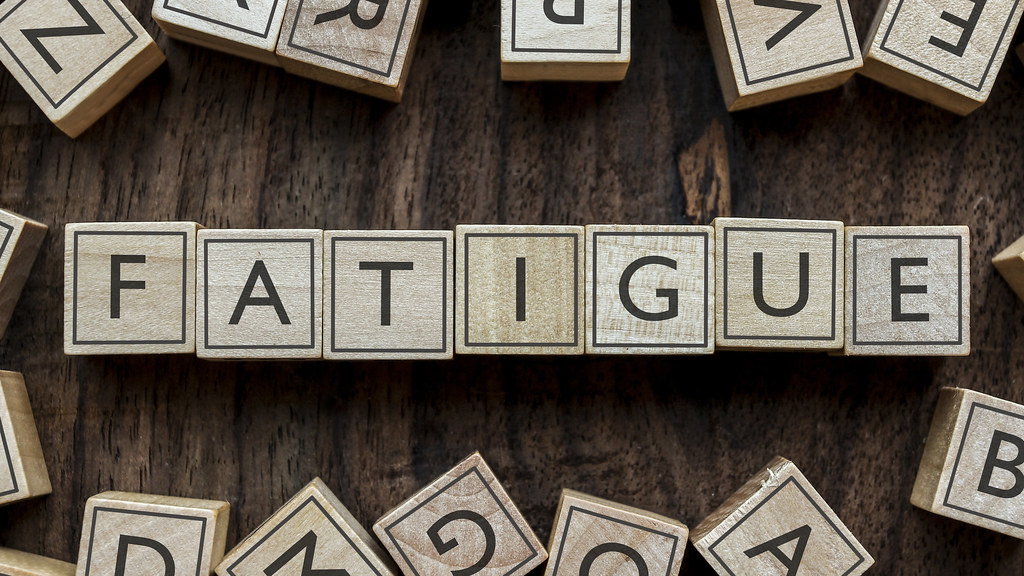Indigophoton
Senior Member (Voting Rights)
This is Bath Dept.of Psychology. The supervisor is Jo Daniels, research interests,
Let me guess. The idea is to show that people with CFS find carrying bags more exhausting than do regular people because they think the bags are heavier/that they are weaker/that there's further to go...
So. much. waste.
- Metacognitions and symptom severity in COPD
- Emergency Dept frequent attenders
- Early Intervention in fatigue
- Health anxiety in Chronic Fatigue Syndrome/ME
- Pain in Chronic Fatigue Syndrome/ME
- Fibromyalgia
we're recruiting participants for research into responses to physical exertion in Chronic Fatigue Syndrome.
This research aims to improve our understanding of physical exertion in those with and without Chronic Fatigue Syndrome.
What we're doing
Chronic Fatigue Syndrome/Myalgic Encephalomyelitis (CFS/ME) is a condition defined by a marked loss of energy on physical or mental exertion. The cause of this illness is not yet fully understood.
The purpose of this study is to look at how people with CFS/ME respond when asked to do a physically exerting task, and what thoughts and feelings they have while they are doing the task. We would like to compare responses to people without CFS/ME.
Similar research has been done in chronic pain and has helped to improve treatment. We are hoping to do the same in CFS/ME.
http://www.bath.ac.uk/campaigns/volunteer-for-research-investigating-chronic-fatigue-syndrome/What's involved
If selected, you will be asked to complete some questionnaires. These questionnaires will ask you about various things such as fatigue and mood. You will be given the choice to complete them online or have paper copies posted to you.
You will also be asked to attend a one-off testing session which will last no longer than an hour and during which you will be asked to complete a practical task. The task will involve carrying a shopping bag. This will be recorded and you will be asked to watch this back and answer some questions about it. This will take place at the University of Bath or Southmead Hospital, Bristol.
The study will take between approximately 60 minutes (including the questionnaires).
Let me guess. The idea is to show that people with CFS find carrying bags more exhausting than do regular people because they think the bags are heavier/that they are weaker/that there's further to go...
So. much. waste.
